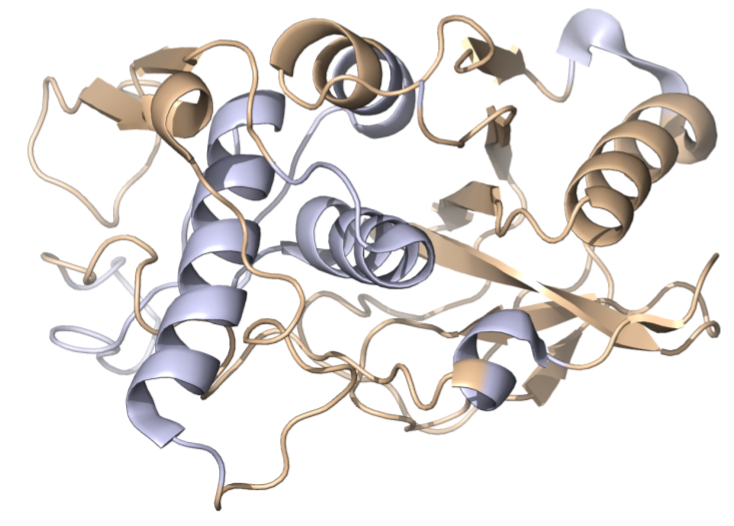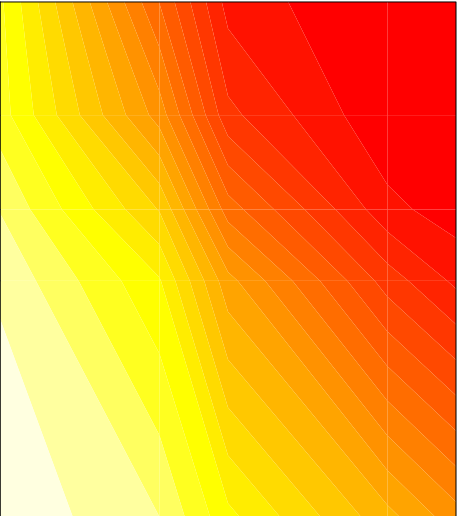I have a github account where I contribute to multiple open-source software projects. You can also find me on OpenHub.
I was involved in the development of the following software (see also this list of software developed in the Aebersold lab):
I have a github account where I contribute to multiple open-source software projects. You can also find me on OpenHub.
I was involved in the development of the following software (see also this list of software developed in the Aebersold lab):

OpenSWATH is a C++ software for automated targeted data extraction from DIA (data-independent acquisition) experiments in mass spectrometry. It provides a workflow for automated data extraction of chromatograms from raw mass spectrometric data files, automated peak picking and identification of chromatographic features and computation of several orthogonal scores on these features. It thus implements a novel algorithm for analysis of DIA data. OpenSWATH is available as a stand-alone library and is also packaged within the OpenMS C++ library for mass-spectrometry based data analysis.
The TRIC alignment tool extends SWATH-MS analysis from a single run to a whole experiment and allows alignment in a targeted proteomics (SRM or SWATH-MS) setting. TRIC uses a graph-based alignment strategy based on non-linear retention time correction to integrate information from all available runs. The input consists of a set of csv files derived from a targeted proteomics experiment generated by OpenSWATH (using either mProphet or pyProphet) or generated by Peakview.
Website: openswath.org and TRIC

pyOpenMS provides Python-bindings for the C++ OpenMS mass spectrometric algorithm library, allowing researchers to directly access algorithms and data structures available in C++ from the interactive Python environment. pyOpenMS thus provides access to a feature-rich, open-source algorithm library for mass-spectrometry based proteomics analysis, giving the user functionality ranging from file access (mzXML, mzML, TraML, mzIdentML among others), basic signal processing (smoothing, filtering, de-isotoping and peak-picking) and complex data analysis (including label-free, SILAC, iTRAQ and SWATH analysis tools).
Website: pyOpenMS on PyPI

TAPIR is a visualization software for chromatographic data obtained by mass spectrometry. It provides efficient visualization of high-throughput targeted proteomics experiments. The input formats are open, community-driven standardized data formats (mzML and TraML). TAPIR is scalable to proteome-wide targeted proteomics studies (as enabled by SWATH-MS), allowing researchers to visualize high-throughput datasets. The framework integrates with existing automated analysis pipelines and can be extended beyond targeted proteomics to other types of analyses.
Website: http://proteomics.ethz.ch/tapir/

The SRMCollider is an interference simulation software for targeted proteomics. It allows to simulate the complete protein digestion, chromatographic separation and peptide fragmentation in silico and computes possible transition interferences. It integrates m/z and retention time information for a more accurate prediction and can compute transition interferences on-the-fly using a web service. It is available in the popular Skyline software as an external tool, allowing researchers to directly post their transition lists to the web service and retrieve possible interference information.
Website: srmcollider.org

I also develop Python software to analyze and process Wikipedia pages, including a spell-checking and a MediaWiki-syntax parsing module. I used this to generate some statistics about the German Wikipedia and generate lists of commonly misspelled words which can then be used to correct the texts in the Wikipedia. I have an account used for correcting typos and already found and corrected over 3000 errors in the German Wikipedia. Also, I develop web-based tools (on a replicated MySQL node of the Wikipedia database) for Wikipedians which provide better control and statistics over the "approve" function in the German Wikipedia and provides graphical output for the community.
Website: Toolserver homepage and pywikibot fork